Filozoful politic Kenneth Minogue, profesor emerit la London School of Economics, a fost unul dintre cei mai influenți și respectați gânditori ai timpului nostru. Fost student al distinsului filozof Michael Oakeshott, Minogue a devenit adversarul de temut al tuturor celor seduși de proiecții utopice, al tuturor pasionaților de inginerie socială în diferitele ei forme. A scris, de o manieră clară și pertinentă, pe tema stringentelor chestiuni de ordin moral ale zilelor noastre. Nu și-a temperat discursul, înfierând ipocrizia și cinismul.
Minogue avea convingerea faptului că liberalismul autentic este strâns legat de tradiția reprezentată de gânditori precum Adam Smith, Adam Ferguson, Benjamin Constant, Tocqueville și John Stuart Mill. Această genealogie reprezintă însuși fundamentul unei perspective liberal-conservatoare. Domnul Profesor Minogue a apărat decența, moderația și buna-cuviință împotriva zgomotoaselor discursuri mesianiste și a exaltării expansionismului statal nelimitat. A pledat pentru un spațiu public onest și transparent, în care individul să-și poată urma nestingherit propria viziune asupra fericirii.
Cartea lui Kenneth Minogue The Liberal Mind (Gândirea liberală), scrisă în anii ʼ60, rămâne o interpretare validă, plină de provocări, a crizei gândirii liberale. Ultima sa carte, publicată în 2010, The Servile Mind: How Democracy Erodes the Moral Life (Judecata servilă: cum erodează democrația viața morală), se concentrează asupra a ceea ce el definea drept „decalajul dintre realitățile politice și chipul lor public”.
În propria-mi gândire am beneficiat enorm de pe urma concepțiilor lui Kenneth Minogue asupra himerelor ideologice. Cartea sa Alien Powers: The Pure Theory of Ideology (Puterile străine: teoria pură a ideologiei) rămâne o mărturie în sprijinul rațiunii și al refuzului oricărei nebuloase pseudo-metafizice. E o carte în care Minogue deconstruiește, cu o mare limpezime, insidioasa pătrundere a mistificărilor ideologice în însăși structura modernității politice:
«Oare chiar am luat parte la o bătălie?», se întreba eroul lui Stendhal la finalul lungilor ore petrecute bâjbâind pe câmpia de la Waterloo; astăzi, pe mulți oameni îi încearcă aceeași perplexitate. Ca și eroul lui Stendhal, aceștia beau, mănâncă și se îngrijesc de traiul zilnic, dar întreg sensul vieții lor stă în crezul de a contribui la eliberarea muncitorilor, a femeilor, a colonizaților sau a altor categorii de oprimați. Asemenea lui Fabricio del Dongo, găsesc un regiment și se țin după el – husarii împotriva patriarhatului, gărzile Dragoon ale proletariatului și așa mai departe. Locul precis unde se desfășoară de fapt adevărata bătălie e subiectul unei aprige dispute, dar semnificația ei este unanim acceptată drept sfârșitul definitiv al opresiunii.
[…]
Argumentul meu, așadar, este o explorare a ipotezei conform căreia există într-adevăr o teorie pură a ideologiei și, cu toate că dintr-un punct de vedere ea reprezintă o critică, dintr-un alt punct de vedere ea poate fi considerată un kit ideologic de asamblare individuală. Începe cu câteva sugestii despre cum ideologia își are rădăcinile în teoria socială a secolului XVIII. Lunga secțiune de mijloc este o încercare de a caracteriza ideologiile drept forme de înțelegere. Ultima secțiune dezvoltă viziunea conform căreia, deși ideologia e nevoită să înfrunte capcanele politice pentru a putea transforma lumea, caracterul real al acesteia se află într-o completă antiteză cu practicarea politicii.
Ideologia este pentru realitate – sugerez eu – ceea ce sunt (în opinia lui Tolstoi) poveștile de război față de experiența concretă a celor aflați pe câmpul de luptă. În dispoziție ideologică, avem impresia că vedem în viața socială și politică acele linii clare din cărțile de istorie, unde antagoniștii sunt mereu comasat înrolați în formație de război. Au nume succinte, clare, precum burghez și proletar, colonialist și național, orășean și producător – într-un cuvânt, opresor și oprimat. Însă realitatea propriu-zisă e tulbure. Lucrurile se schimbă continuu și devine imposibil să te concentrezi asupra unor identități clare și precise. Disputând argumentele ideologiei, suntem nevoiți să transformăm întrebarea stendhaliană: oare chiar e o bătălie aceasta la care luăm noi parte?
FrontPage Magazine – Premises of Liberty: In Memoriam Kenneth Minogue (1930-2013), 2 iulie 2013
(traducere de Monica Got)










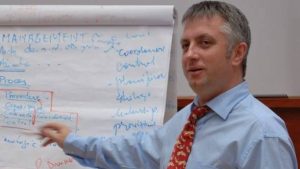

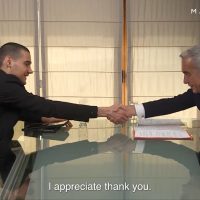
![marius-bostan-foto[1] marius-bostan-foto[1]](https://inliniedreapta.net/wp-content/uploads/elementor/thumbs/marius-bostan-foto1-qt9ywoo2b2lgv37b76h9qr5yo6db5vwzoxbuvd4e6o.jpg)



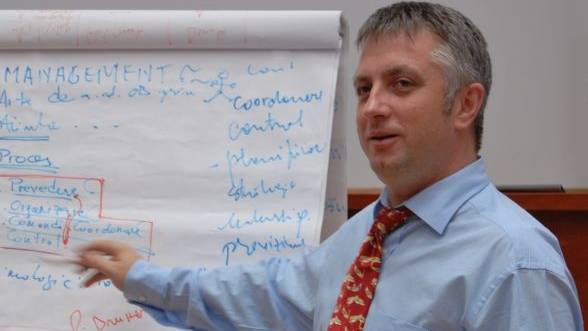
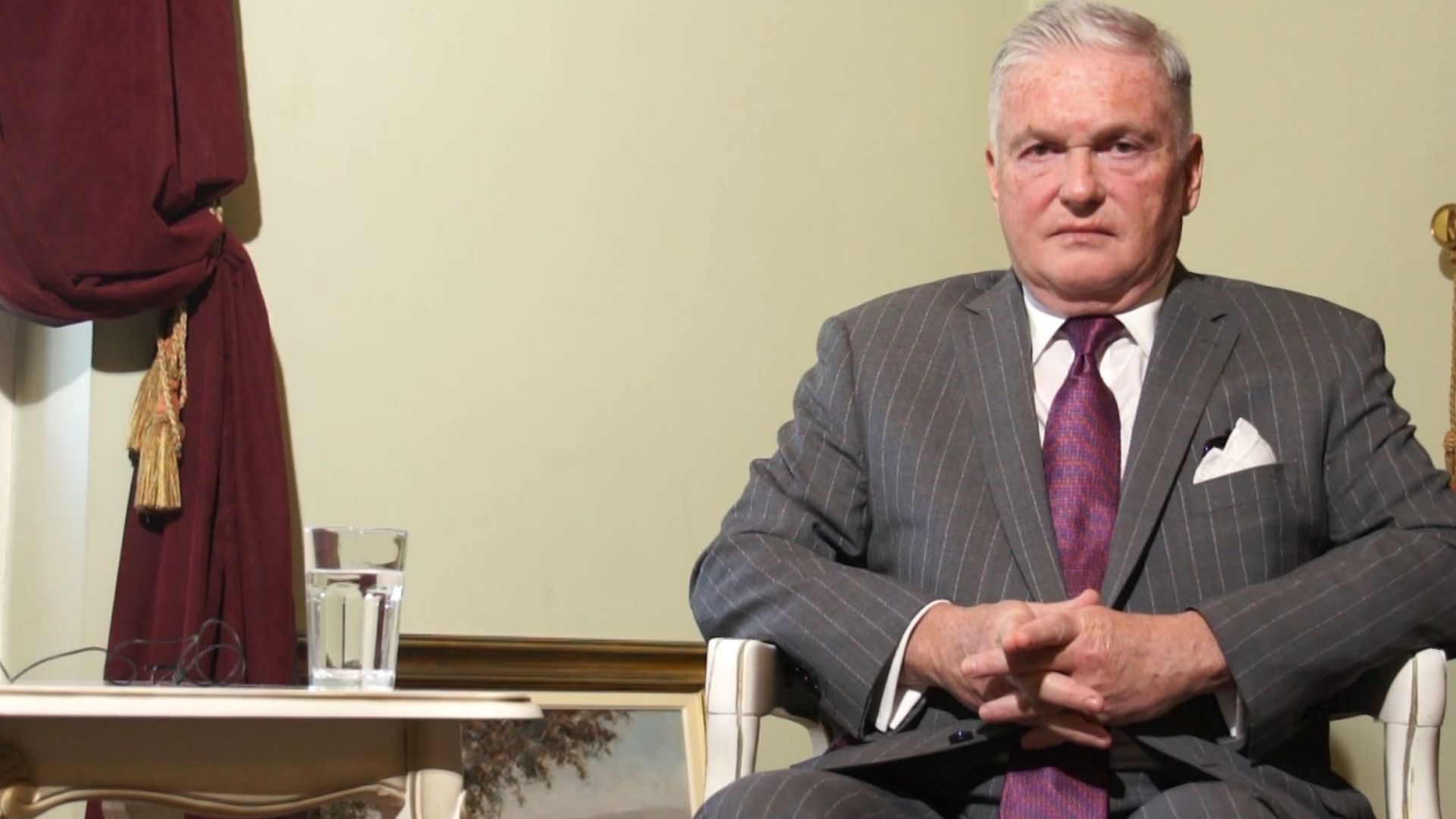


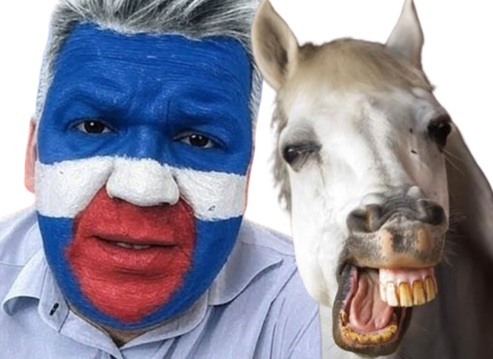
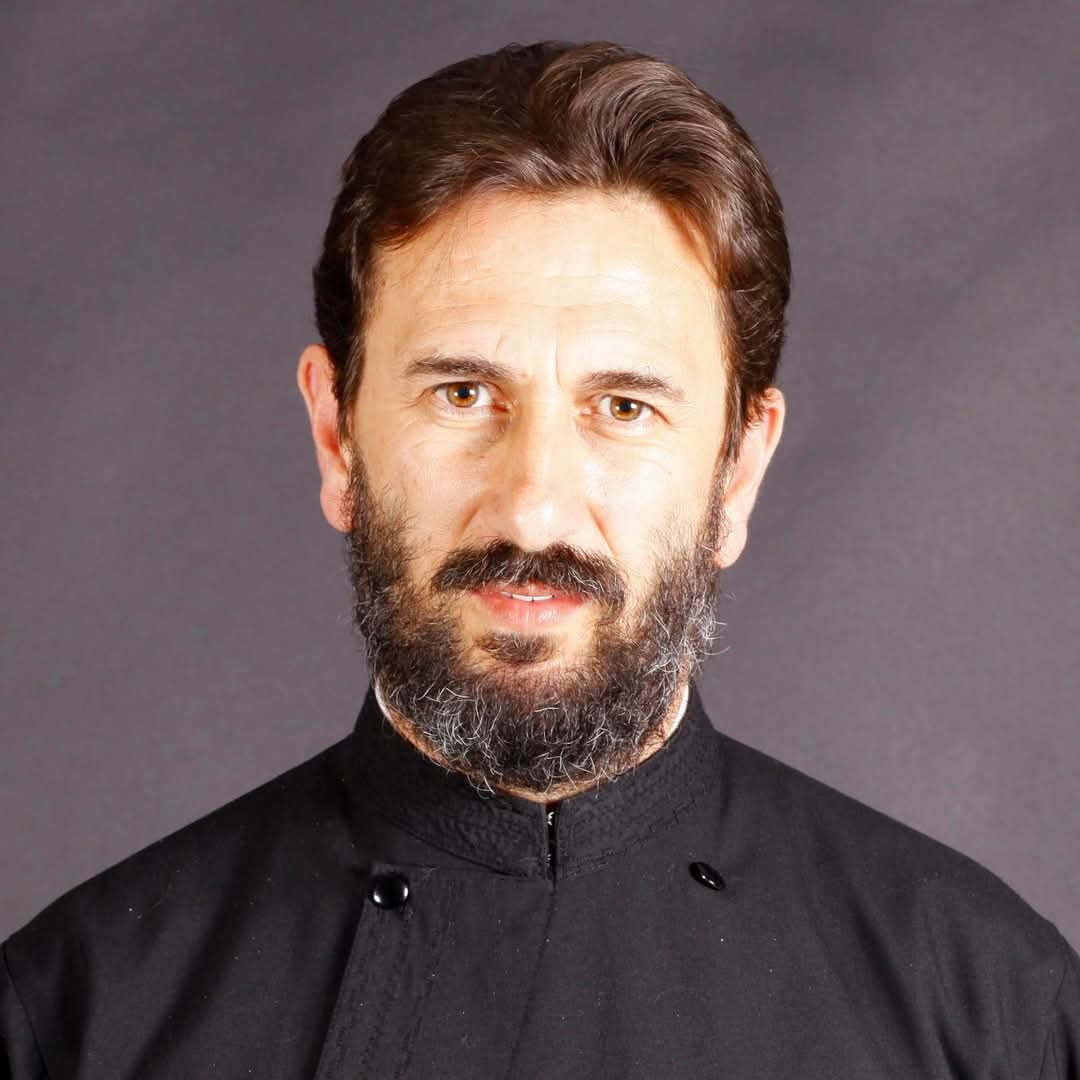

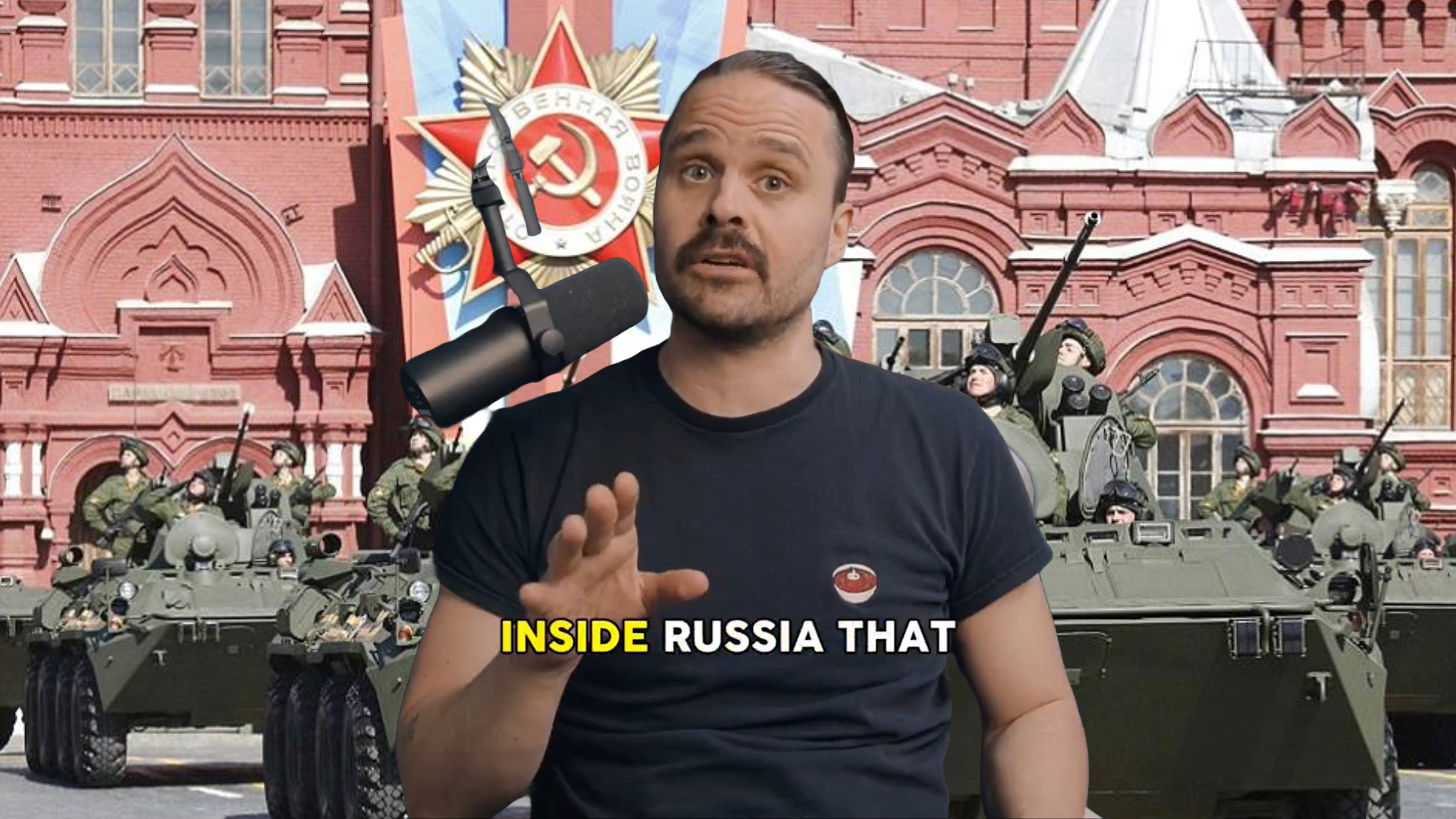

2 Comments
Daniel Francesco
10 July 2013Pledoaria Profesorului Kenneth Minogue despre Excessive Governance and the Suffocation of Britain a fost gazduita de The Bruges Group, un think tank centrat pe ideea unei Europe unite, dar cu o structura la limita inferioara a centralizarii:
emil borcean
10 July 2013Descrierea liberalismului, din cartea The Liberal Mind:
Despre democrație, din cartea The Servile Mind: How Democracy Erodes the Moral Life. Era Obama și UE, sintetizată în trei paragrafe:
Kenneth Minogue și William F. Buckley (emisiunea Firing Line):